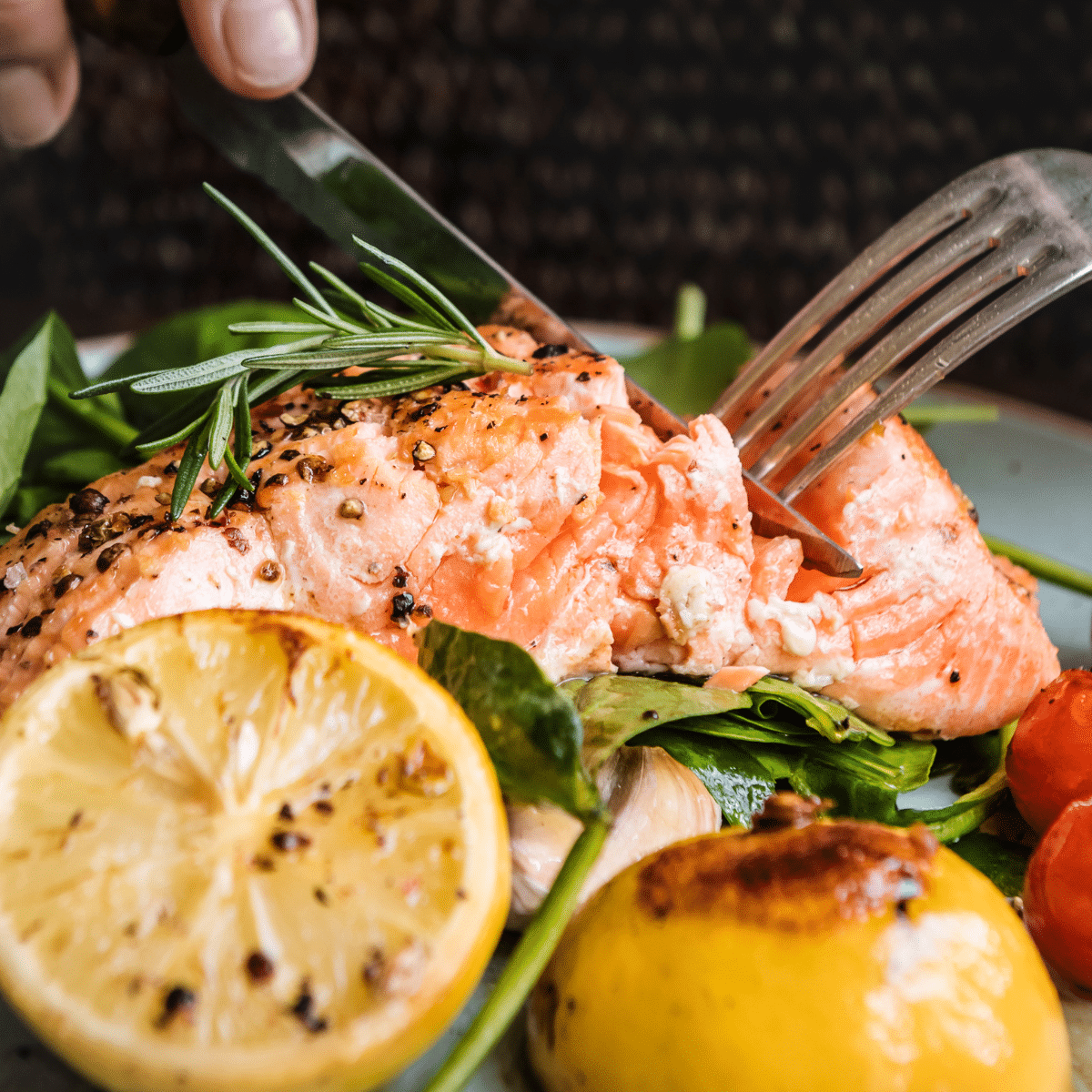Food is fuel for your body. It’s important that you are fuelled correctly for exercise. That means eating the right foods at the right time.
How can you fuel your body correctly? Read on to find out!
Eating before exercise (2-3 hours before) as opposed to exercising in a fasted state such as in the morning before breakfast has been shown to improve exercise performance. We all know it’s important to eat a healthy balanced diet including 5 portions of fruit and veg per day. But how important are the different food groups when it comes to exercise?
Hydration
Up to 60% of our body is water!
It’s important to drink water before, during and after exercise. Water is essential for maximising physical activity performance and ensuring good recovery. When we do physical activity, our body temperature rises causing us to sweat to cool down meaning we lose water. It’s important to stay topped up so you don’t become dehydrated!
Dehydration will cause performance to be impaired by reducing strength and causing tiredness. Drinking little and often before, during and after exercise is best. Make sure you have a water bottle with you during exercise. If you feel thirsty, sip some water. Feeling thirsty is your body telling you it’s starting to become dehydrated.
After physical activity, it’s important to hydrate to ensure your body’s fluid levels are topped up and to help your muscles recover.
Carbohydrates
Carbohydrates sometimes get a bad name when it comes to weight loss, however, carbs are really important for exercise as their main role is to provide us with energy. The body does this by storing carbohydrates as glycogen in the muscles and liver to be used as energy for physical activity. Studies show that performance is impaired when carbohydrates intakes are low.
The amount of carbohydrate needed differs depending on the intensity, type and duration of exercise. To match their intensity level, elite athletes will require more carbohydrates than the average gym-goer. People who are following the current physical activity recommendations (150 mins moderate-intensity activity or 75 mins higher intensity activity per week as well as two muscle-strengthening activities per week) can follow the eat well guidelines of basing your meals on starchy carbohydrates as it is unlikely you would need to eat more than recommended. It’s best to also spread out your carbohydrate intake across your three meals.
When choosing the type of carbohydrates to eat, choose wholegrain where possible as this will keep you fuller for longer and contains more fibre. For athletes and people training for high intensity and endurance activities such as a marathon, increasing your carbohydrate intake will help your performance.
Protein
Protein is important for muscle repair, reducing muscle soreness and is important for exercise as it can boost glycogen storage.
For regularly active people, it is beneficial to include a form of protein at every meal as well and spreading it throughout each meal. Some animal protein products can be high in saturated fat such as whole milk or fatty meats so it’s worth choosing the lower-fat options such as semi-skimmed milk and lean cuts of meat. As well as animal sources, it’s also essential to consume plant protein to get an adequate amount of amino acids.
The current recommendation for protein for adults each day is 0.75g protein per kg of body weight per day. Most people are consuming more than this. It’s likely that if you are exercising within the physical activity guidelines you won’t need to add any extra protein to your diet on top of the protein you are already eating as per the healthy eating guidelines. However, for strength and endurance athletes, protein requirements are increased to 1.2-2.0g per kg of body weight for muscle repair and recovery.
It’s a common misconception that eating more protein than you need without the right training or not exercising much will cause your body to grow extra muscle like Popeye! However, if you’re not doing the right exercise your body will expel any extra protein through your urine. Combining the right training together with enough total energy and protein throughout the day will enable this muscle growth.
Fat
The general advice for consuming fat when it comes to exercise is to stick to the dietary guidelines of less than 70g per day of total fat per day and less than 20g of saturated fat per day. Focus on sources of healthy unsaturated fats such as olive oil, avocados and omega-3 fats which are found in oily fish such as salmon.
.
Recovery
After exercise, it’s important for your muscles to repair and your body to recover. Many experts recommend eating your post-workout meal within 45 minutes as your body’s ability to rebuild glycogen and protein is enhanced after you exercise. It’s important to not go longer than 2 hours after exercise without eating. Consuming carbs after exercise will help your body replenish the glycogen stores used. The amount used depends on the type of exercise. Endurance sports such as running cause your body to use more glycogen stores than weight training. Meaning if you are a runner, you might need to consume more carbs!
A combination of carbohydrates, protein, and fats after exercise will provide your body with the nutrients it needs to recover properly.
For example:
- Scrambled eggs on toast with avocado
- Tuna and salad sandwich on wholemeal bread
- Wholegrain chicken pasta with salad
- Houmous and pitta bread
- Porridge with nuts and fruit
- Greek yoghurt with berries and granola
There you have it. To correctly fuel your body with the right foods is important for physical activity. It ensures you perform at your best and get the most out of each workout!
We hope you’ve found this blog useful. Are you using our virtual gym platform, Gloji Gym? Be sure to check it out when signing up to one of our services! With a selection of live classes and pre-recorded for all abilities, our online gym will help you reach your movement and weight management goals.
Want to sign up to our services? Click below.




